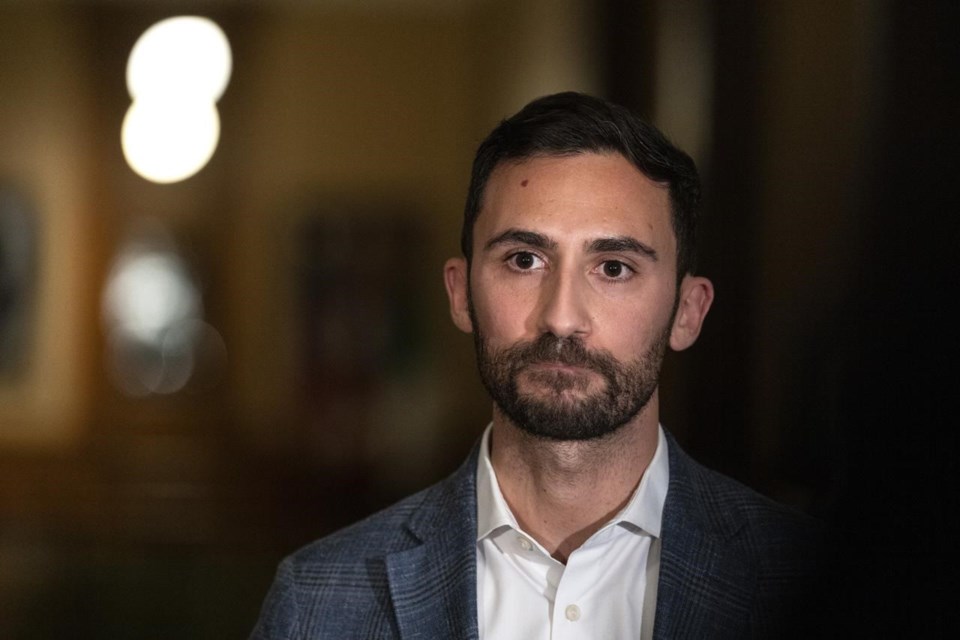TORONTO — A union representing 55,000 Ontario education workers reached a tentative deal with the provincial government Sunday, averting a strike that had been planned for the next day.
The Canadian Union of Public Employees said the deal was no different than what the province offered last week before the union issued a five-day strike notice. That walkout, which would have come two weeks after another one, was planned because the union said it was trying to secure staffing level guarantees.
But there was ultimately no movement on that front during talks throughout the weekend, said Laura Walton, president of CUPE's Ontario School Board Council of Unions.
"What we have been told by this government is that they are not willing to budge any further," she said Sunday evening. "We are bringing it to our members to have the vote."
The education workers such as early childhood educators, custodians and administrative staff are set to vote on ratification over several days starting Thursday.
The four-year deal comes with a $1-per-hour raise each year, or about 3.59 per cent annually.
Walton announced last week that the two sides had been able to agree on wages, but said CUPE was also looking for $100 million in guarantees of higher staffing levels for educational assistants, librarians, custodians and secretaries, as well as an early childhood educator in every kindergarten classroom rather than only those with more than 16 students.
Without those guarantees, Walton said the deal "falls short."
"I think it's terrible that we live in a world that doesn't see the need to provide services to kids that they need," she said.
But, Walton said, it was time to take the deal to the membership.
"We heard very loudly from the members - they want to have their voice heard," she said. "We are sending this, in the most democratic fashion, for the workers to use their voice."
Education Minister Stephen Lecce said the biggest beneficiaries of the tentative deal are Ontario students, who will not have to miss class due to a strike.
"All parties...leave this tentative agreement with positive outcomes for what we were trying to advance," he said at a Sunday afternoon press conference. "I think all parties have been able to receive some incremental wins."
The looming strike would have come two weeks after CUPE's last walkout, which shut many schools across the province for two days.
The job action ended after the government promised to repeal a law that imposed contracts on CUPE members, banned them from striking, and used the notwithstanding clause to allow the override of certain charter rights.
CUPE had originally been seeking annual salary increases of 11.7 per cent as well as overtime at two times the regular pay rate, 30 minutes of paid prep time per day for educational assistants and ECEs, an increase in benefits and professional development for all workers.
The government's original offer contained raises of two per cent a year for workers making less than $40,000 and 1.25 per cent for all others and sought a concession on short-term disability. The government had wanted to institute a five-day "waiting period" for the leave, during which a worker would receive 25 per cent of their normal pay and 90 per cent for the rest of the 120 days.
This report by The Canadian Press was first published Nov. 20, 2022.
Allison Jones, The Canadian Press



